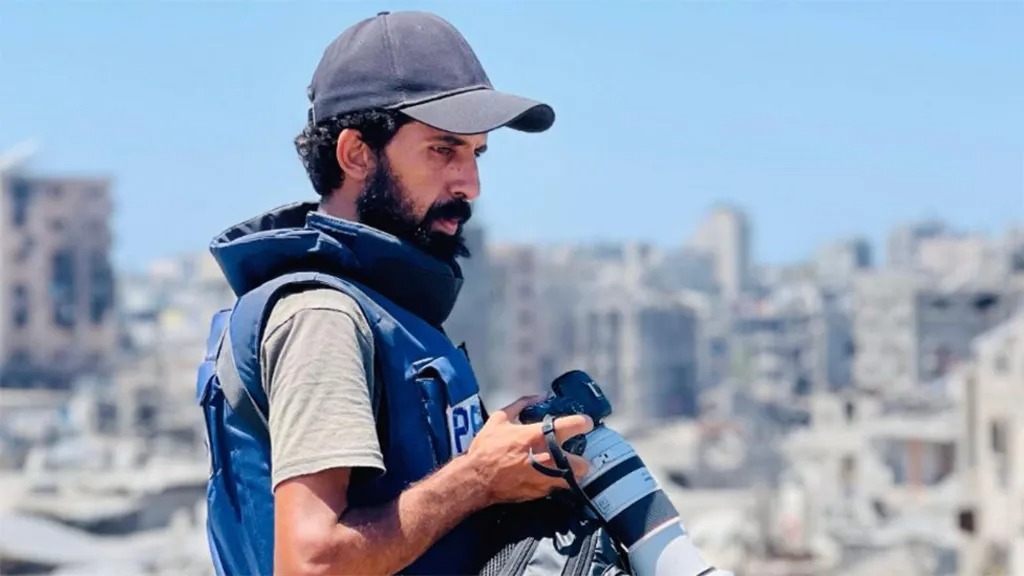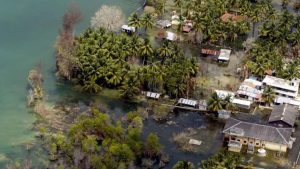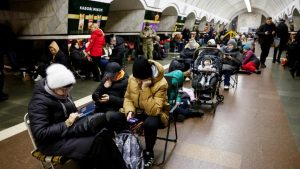
Facebook restricted news in Palestinian territories during the Israel-Gaza war, significantly reducing the reach of Palestinian news outlets. According to BBC research, platforms like Facebook and Instagram saw a sharp decline in engagement for news pages from Gaza and the West Bank.
Meta, Facebook’s parent company, has denied accusations of deliberately suppressing voices, stating it faced challenges balancing free speech and content moderation. Temporary measures implemented in October 2023 have since been reversed, though specific timelines remain unclear.
Steep Decline in Palestinian Engagement
Palestinian news pages on Facebook saw a sharp drop in comments, reactions, and shares. Palestine TV, with 5.8 million followers, reported a 60% reduction in post visibility.
Algorithm Bias and Moderation
Leaked documents suggest Instagram, also owned by Meta, toughened moderation on Palestinian comments after the October 7 Hamas attacks. An engineer raised concerns about potential bias in this approach.
Impact on Reporting
Palestinian journalists report difficulties in sharing graphic war content, limiting global awareness. Despite these challenges, journalists like Omar el Qataa continue documenting events in Gaza.
Social Media’s Role During the War
While only a few reporters entered Gaza during the war, social media became a vital source of updates. Facebook and Instagram played pivotal roles but also faced scrutiny for alleged bias.
For more details, read the full BBC report. Related updates can be found on Eurasia Sports.





